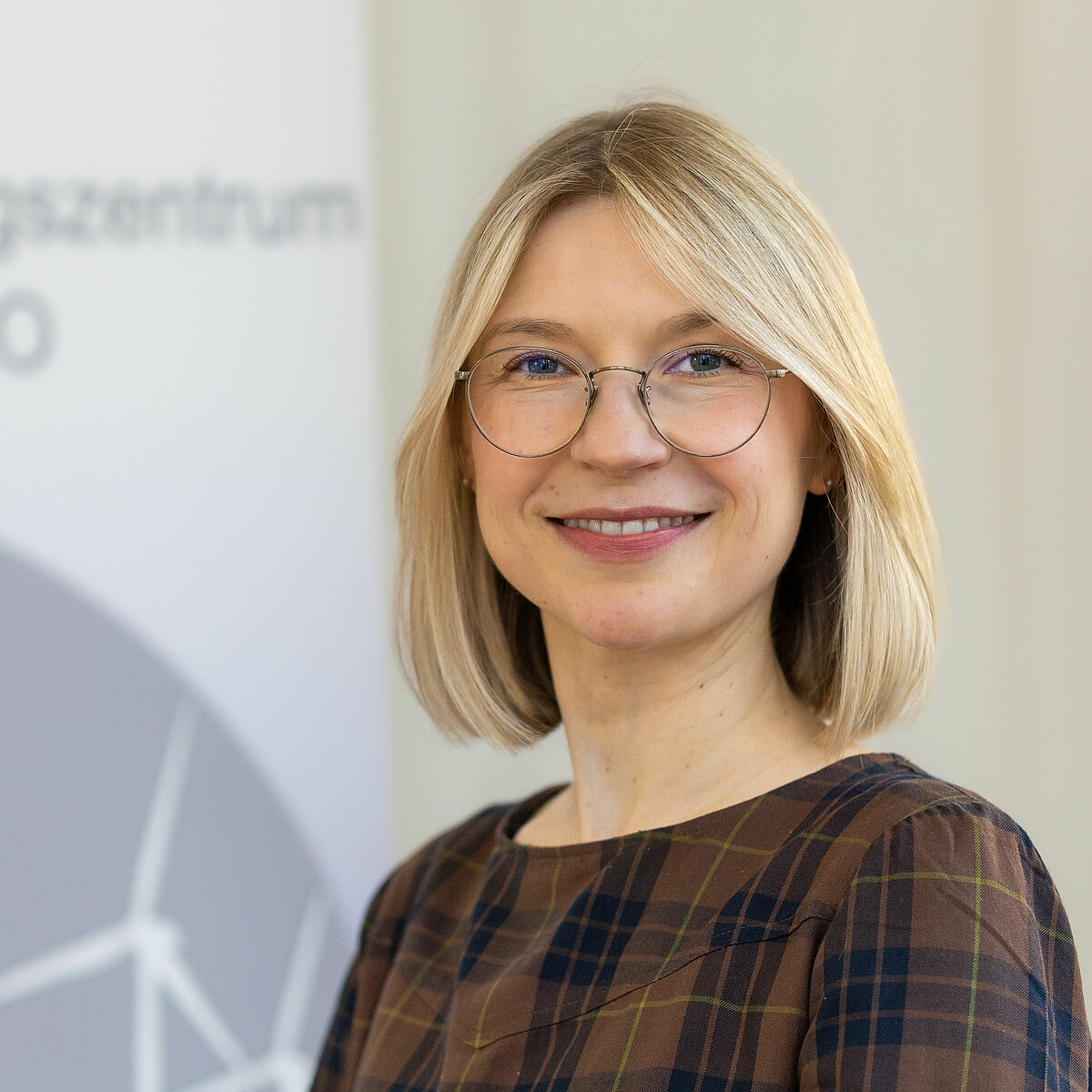
Anna Efremowa
Junior Researcher
The History of Anti-Feminist Arguments and Discourses in North-Eastern Europe
Email: anna.efremowa[at]uni-greifswald.de
Bahnhofstr. 51
Room 1.07
17489 Greifswald
Tel.: +49 (0)3834 420 3338
Anna Efremowa obtained her high school diploma (Abitur) through a second-chance education. She studied Sociology and Educational Science (B.A.) at Bielefeld and Stockholm University and graduated in Gender Studies (M.A.) at Bielefeld University. During her studies, Anna was a deputy equal opportunities officer at Bielefeld University. She was further involved in federal gender equality work from 2014 to 2018 as the spokesperson for the Commission for Student Affairs (KostA) in the Federal Conference of Gender Equality Officers (BuKof) and the State Conference of Gender Equality Officers of North Rhine-Westphalia (LaKof NRW). Her master's thesis examined historical anti-feminism in Wilhelmine society and the anti-gender discourse of the German political party Alternative für Deutschland (AfD). After her studies, she worked at Bielefeld University in the Department of Human Resources and Organization in the "diversity policy" project to develop a comprehensive diversity strategy for Bielefeld University. Between 2019 and 2021, Anna was coordinator of the research group "Global Contestations of Women's and Gender Rights" at the Center for Interdisciplinary Research in Bielefeld (ZiF).
Antifeminist and "Anti-Gender" Discourses in Russia since the End of the Soviet Union–Influence and Contribution of the Russian Orthodox Church as a (Trans)National Actor
The dissertation project examines antifeminist developments and discourses evident in the Russian Federation since the 1990s, particularly regarding the role and contribution of the Russian Orthodox Church. From a discourse-theoretical perspective based on the sociology of knowledge discourse analysis, the study will examine how notions of religion, gender, state and nation interact to reject "progressive" gender politics and what motives and strategies are being pursued. It explores how gender politics interacts with superordinate power relations, such as political hegemonies, persistent imperial legacies, and religious discourses. Furthermore, the work is guided by the interest in making the Russian Orthodox Church visible as a (trans-)national setter of norms and political actor in current global antifeminist and so-called "anti-gender" mobilizations.
The question of how gender politics with superordinate power structures impact each other will be examined. The work thus aims to show how, on the one hand, political hegemonies and lasting imperial legacies are negotiated in religious discourses and, on the other hand, which contradictions and conflicts can be detected in the transformation of gender relations in post-Soviet Russia.
Best Thesis Award, Women's and Gender Studies Section of the German Sociological Association (DGS), 2019.
